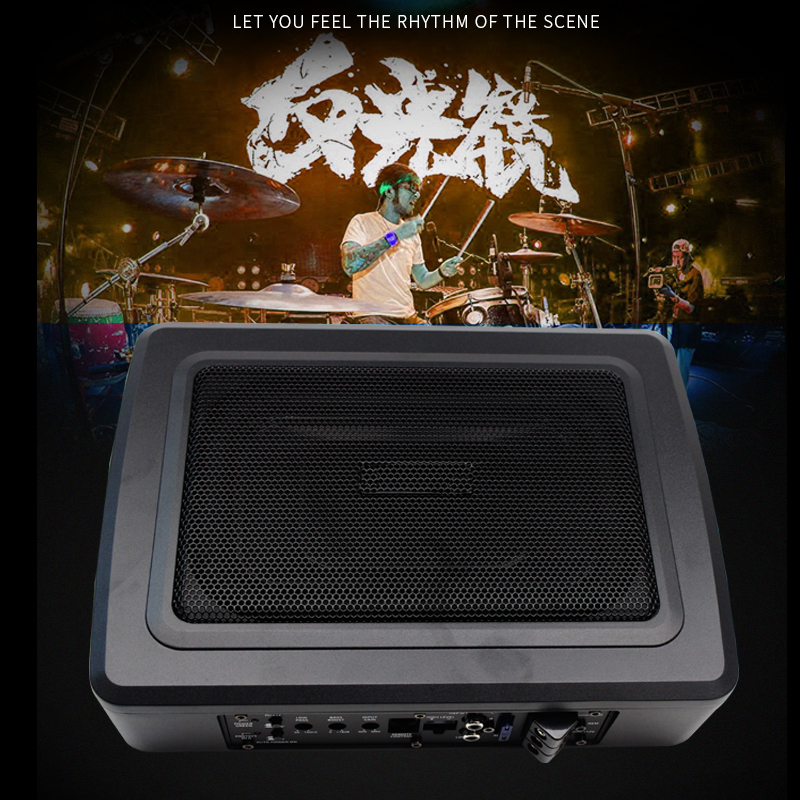欢迎来到 阳泉市某某投资咨询有限责任公司
全国咨询热线: 020-123456789

联系我们
N. Korea fires 3 missiles in 1st major provocation after Yoon's inauguration
来源:阳泉市某某投资咨询有限责任公司 更新时间:2024-10-30 12:21:57
 |
| People watch a TV screen showing a news program reporting about North Korea's missile launch with file footage at Seoul Station, Thursday. AP-Yonhap |
By Yi Whan-woo
North Korea fired three suspected ballistic missiles toward the East Sea, Thursday, marking the first major provocation since President Yoon Suk-yeol took office two days earlier.
The Joint Chiefs of Staff (JCS) said it detected the three, possibly short-range missiles, being launched from Sunan area in Pyongyang around 6:29 p.m.
They traveled 360 kilometers to a maximum altitude of 90 kilometers at a top speed of Mach 5.
"This is a grave provocation that must be suspended right away," the JCS said.
It went on to say, "The military has strengthened monitoring activities and vigilance and is maintaining a full readiness posture in close cooperation with the United States."
The National Security Office (NSO), during an emergency meeting presided over by its new chief Kim Sung-han, denounced the launch as a "two-faced act coming in the wake of the pandemic."
 S. Korea, US express serious concern over N. Korea's missile launch 2022-05-13 10:40 | North Korea
S. Korea, US express serious concern over N. Korea's missile launch 2022-05-13 10:40 | North Korea  White House highlights possible N. Korean nuclear test this month 2022-05-13 07:52 | North Korea
White House highlights possible N. Korean nuclear test this month 2022-05-13 07:52 | North Korea It was referring to the reclusive regime's first confirmation of a coronavirus case earlier on Thursday.
The North's leader Kim Jong-un ordered nationwide lockdowns while ordering officials to bolster the country's defense posture to avoid any security vacuum.
Thursday's launch was also North Korea's 16th show of force this year, including the firing of a submarine-launched ballistic missile in the waters off the East Sea on May 7.
"The government will take practical and stern measures, while working closely with the international community over the provocation," the NSO said.
Yang Moo-jin, a professor at the University of North Korean Studies, assessed that the North "appears to be trying to find out the new South Korean government's response to its provocation and also its level of cooperation with the U.S."
In his inauguration speech, Tuesday, Yoon underlined "building peace through might" concerning the denuclearization of Pyongyang, while leaving the door open for cross-border dialogue.
The JCS accordingly has decided to revive its reference to North Korea's ballistic missile tests as "provocations," after refraining from using the term under the previous Moon Jae-in administration which pursued inter-Korean reconciliation.
Yang said the latest launch is additionally believed to divert pandemic fears within the North.
The professor speculated that Pyongyang, if it is confident about maintaining lockdowns and defense postures, may scale up provocations, possibly a nuclear test, around the time of the scheduled summit between Yoon and U.S. President Joe Biden in Seoul on May 21.
"The North may capitalize on the provocation to acquire vaccines and other forms of support from the U.S. as well as international organizations," he said.
Meanwhile, Unification Minister nominee Kwon Young-se said during a National Assembly hearing that the South is ready to resume humanitarian aid to the North in its fight against the pandemic.
城市分站
友情链接
GGpoker注册 GG扑克官网 GG扑克注册 GGpoker下载 GGpoker下载 GGPoker GGPoker GG扑克下载 GG扑克 GG扑克官网 GG扑克注册 GG扑克 GGpoker下载 GG扑克下载 GG扑克 GGpoker下载 GGpoker注册 GGpoker注册 GGpoker下载 GG扑克官网 GG扑克下载 GG扑克官网 GGPoker GG扑克注册 GG扑克注册 GGpoker官网 GG扑克下载 GG扑克 GGpoker官网 GGpoker官网 GGPoker GG扑克下载 GGpoker注册 GG扑克 GGpoker注册 GGpoker官网 GG扑克下载 GG扑克 GGpoker官网 GGPoker GGpoker官网 GGPoker GGpoker注册 GG扑克官网 GG扑克官网 GG扑克注册 GGpoker下载 GG扑克注册
联系我们
Copyright © 2024 Powered by 阳泉市某某投资咨询有限责任公司 sitemap



